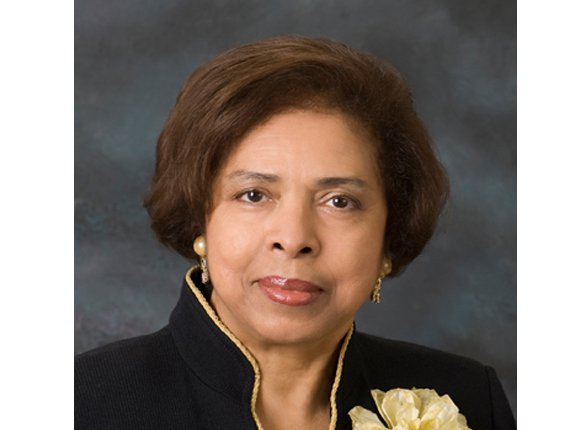Herstory once again, by Dr. E. Faye Williams
3/17/2022, 6 p.m.
By now, everyone understands that the month of March has been designated as Women’s History Month. This observance shares a great deal with Black History Month, Hispanic Heritage Month, Asian and Pacific Islander Heritage Month and other ethnic and “special” observances. They serve as occasions when marginalized groups can honor their ancestors and predecessors and celebrate the contributions of their respective groups to the prosperity and general well-being of what has been called the greatest nation in recorded history.
Consistent with the negative consequences of other observances, Women’s History Month provides those who are party to or sympathetic with the marginalization of women an opportunity to trivialize or minimize the significance of women’s contributions. The metric they use to assess the importance of women’s participation in the life of our nation is the amount of time dedicated in their honor each year.
As absurd as that attitude might be, even more absurd is how the word history is treated contextually. For far too many, the word “history” is perceived to only refer to white people. In the perception of others and the context of racism, the contributions of Black women to this nation are frequently disregarded and considered as unsubstantial or nonexistent.
From the time the first Africans set foot on what would become the United States in 1619, Black people, and Black women specifically, have played an integral role in the growth and success of this nation. Reading this will make thousands of white people “uncomfortable” and, in the minds of many of them, disqualify the legitimacy of this information. But for more than 200 years, enslaved women were nursemaids for generations of white babies. Black women could sustain white babies with their life-giving breast milk, but neither they, nor their offspring, could enjoy the liberties of free and autonomous people.
Enslaved Black women not only gave life to white babies, their free labor gave life to a fledgling economy that would eventually grow to become the largest in world history. Cotton was king and the commodity which would lead the United States to the pinnacle of world economies. The Black woman was larger-than-life in her contribution to that economy.
Were it not for strong Black women, the destruction of the Black family would have been absolute and permanent. Enslavement and the forced conditioning of behaviors inconsistent with our African ancestry caused irreparable damage in many. But the quality of character that strong Black women were able to instill in most of their children prevented the extinction of humanity in a people – in OUR people.
The Black woman (mother) was the parapsychologist of our communities. She saw how the weight of the negativity of our existence distorted our interaction with each other and the larger community, and she did all that was within her power to help us heal the physical and emotional wounds of our treatment. She told us that things would get better and convinced us to believe that we would overcome. She told us to hold on and not give up – that we could achieve anything we put our minds to.
We could attempt to name her, but her DNA runs too broadly among us. We see her in the enthusiasm of Michelle Obama. Hers is the legal brilliance of Sherrilyn Ifill. We see her expertise and mother-wit in the respected midwife skills of Jennie Joseph. And her endurance is seen in Allison Felix, seven-time Olympic gold medalist.
She is the Black woman, the rock and foundation upon which our hopes rest.
The writer is national president of the National Congress of Black Women Inc.







